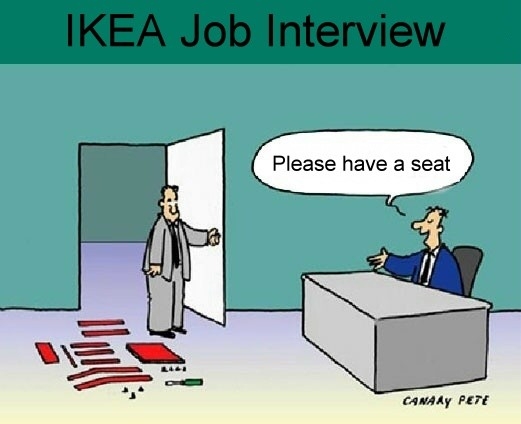As previously announced, the energy content normally posted on this site has a new home at Montara Energy Ventures. As a community service, here is a digest that summarizes the content posted on the MeV site. As a reminder, you can easily subscribe to content on the MeV site as well as the content from this site, Musings from the Coast.
If you’re interested in these topics, subscribe to the Renewable Energy Journal, it’s free.

Could this be worse than the notorious Google riddle questions?
While all of the mainstream media attention has been focused on Imus and his asinine comments, another radio talk show scandal which includes the actual commission of a crime has skated by largely unnoticed.
Colin Cowherd, an ESPN Radio host, has had a long running beef with sports bloggers. Enough so I would characterize it as a love/hate relationship, enough love to lift material from these sites and enough hate to suggest mounting a denial-of-service attack to his listeners on a specific site, The Big Lead.
Earlier this month, that’s exactly what happened. Rather than describing it, listen to Cowherd’s own words.
The listeners responded, bringing The Big Lead down for 48 hours. The sports blogosphere rallied to The Big Lead’s defense and newly appointed ESPN Ombudsman, Le Anne Schreiber’s mailbox was filled up with messages about this incident. Schreiber’s response was fast and direct.
Cowherd apologized on air and escaped further discipline over the act (after all, he didn’t do it, he incited others to do it and ESPN had, at the time, no policy against promoting denial-of-service attacks.) To me, Cowherd’s incitement of the attack is orders of magnitude more serious than a notorious “shock jock” doing what he does, make stupid comments in public. If Imus can be fired for that act, Cowherd ought to face something more serious than a forced apology on air.
This does highlight a growing tension between traditional media and sports bloggers, you’ve got to wonder how it’s all going to shake out.
Overall, I was not terribly impressed with what was on display at the Web 2.0 Expo. However, one piece of technology did catch my eye, the Kapow Mashup server. They can explain it more effectively than I can, so watch their demo movie where an oil rig information application is created by harvesting data from 4 public websites and presented using Google Maps as a user-interface.
Gripes: I downloaded this “alleged Java application” yesterday and had two problems: it won’t run on my Mac (it’s Java, write once, run anywhere, remember?) and the company has to decide if I’m worthy to receive a demo key to enable the application. They say they’ll get around to it in 3 days! Software I can’t run due to license key issues is useless.
Update: 04/19/2007 9:00am – The license key arrived. Less of a gripe, but it still took a day.
All that said, it looks interesting and I have high hopes for this sort of technology.
The tragedy at Virginia Tech this week is awful. Intellectually, it registers. But for some reason, unlike some other incidents, it’s not registering for me emotionally in any strong way. That bothers me. Have I lost my humanity?
Examining the situation I now have a working hypothesis as to why: there is so much suffering, pain, and violence pushed at us constantly that the threshold for emotional recognition is rising as a survival mechanism. For instance, how many days in the last six months has there been a story about a bomb, plane crash, earthquake, tornado, shooting, etc where the result has been lots of dead bodies? Heck, the news from Iraq alone is enough to make one numb.
I wonder if distance plays into the equation as well, local events do seem to filter through in one way or another. Is this the price of constant connection and instant global information? We’ll see. In the meantime, my mind and thoughts are with the families of the victims of Virginia Tech – I remain hopeful that my feelings will follow.



